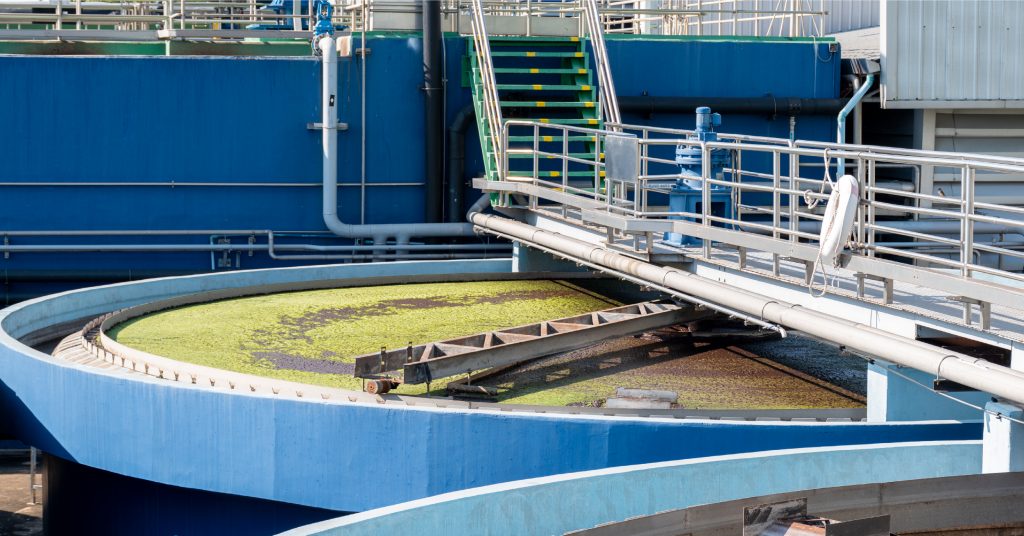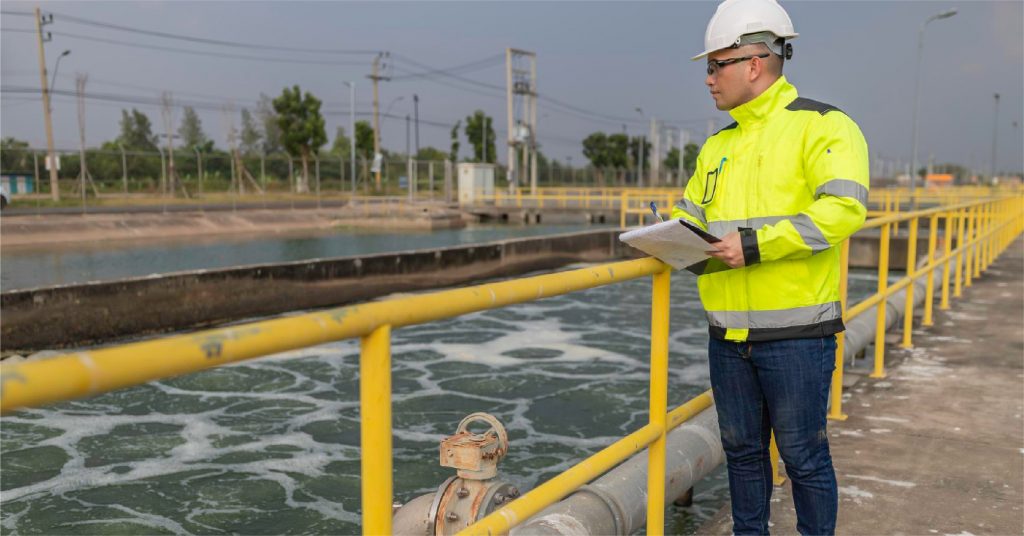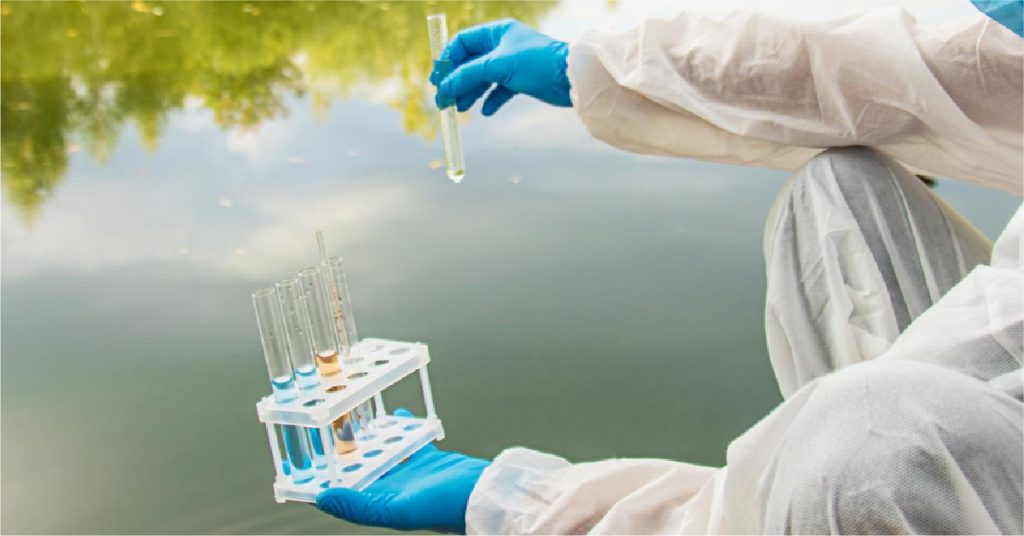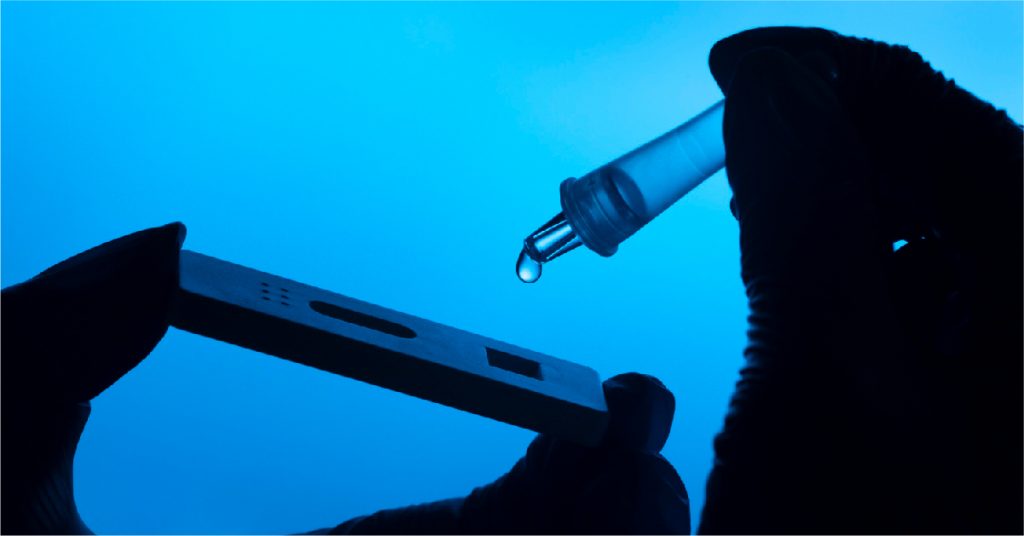Industrial wastewater treatment is critical to ensuring environmental sustainability in Sri Lanka. With rapid industrial growth and increasing industrial activities, the country faces numerous challenges in managing and treating industrial wastewater. Effective industrial wastewater treatment is essential to meeting regulatory standards, protecting water resources, and promoting public health. In this blog, we will explore the key challenges in industrial wastewater treatment in Sri Lanka, the role of industrial water treatment systems, and potential solutions to overcome these challenges.
The Importance of Industrial Wastewater Treatment
Industrial wastewater treatment is the process of removing contaminants from wastewater generated by industries. Unlike domestic sewage, industrial wastewater contains pollutants such as heavy metals, chemicals, oils, and other contaminants that are more complex and challenging to treat. Treating industrial wastewater is crucial to prevent environmental pollution, protect water bodies, and comply with regulatory requirements.
In Sri Lanka, textiles, manufacturing, food processing, and chemical production contribute significantly to wastewater generation. Without effective treatment, these industries risk contaminating water resources, harming aquatic ecosystems, and posing health risks to communities.
Challenges in Industrial Wastewater Treatment
1. High Contaminant Loads and Complex Pollutants
One of the primary challenges in industrial wastewater treatment in Sri Lanka is the high concentration of contaminants. Industrial processes often produce wastewater containing heavy metals, organic pollutants, suspended solids, and chemical pollutants that require sophisticated treatment methods. Treating such complex wastewater streams using conventional methods can be costly and inefficient.
2. Lack of Adequate Industrial Water Treatment Systems
Many industries in Sri Lanka lack the necessary water treatment systems to treat industrial wastewater adequately. Insufficient capacity and outdated technologies often result in subpar treatment, releasing untreated or inadequately treated wastewater into water bodies. The lack of advanced industrial water treatment systems hinders effective wastewater management.
3. Use of Industrial Water Treatment Chemicals
Industrial water treatment chemicals play a critical role in treating industrial wastewater. However, industries often face challenges related to these chemicals’ selection, application, and cost. Using inappropriate or substandard chemicals can lead to poor treatment outcomes, increased operational costs, and environmental harm due to chemical imbalances in treated water.
4. Regulatory Compliance and Environmental Standards
Sri Lanka has stringent regulations governing industrial wastewater treatment. Many industries struggle to meet these regulatory standards due to insufficient knowledge, outdated technologies, and financial constraints. Non-compliance results in fines and penalties and poses environmental risks and reputational damage to industries.
5. Operational and Maintenance Challenges
Effective operation and maintenance of industrial wastewater treatment systems are vital for their performance. In Sri Lanka, many industries face challenges related to the regular upkeep of these systems due to limited resources, lack of trained personnel, and poor maintenance practices. These issues often lead to system breakdowns, reduced efficiency, and increased costs.
Solutions for Industrial Wastewater Treatment in Sri Lanka
1. Adoption of Advanced Industrial Water Treatment Systems
To address the challenges of industrial wastewater treatment, Sri Lankan industries need to adopt advanced and efficient water treatment systems. These systems, such as membrane-based ultrafiltration or reverse osmosis systems, can handle complex pollutants, improve water quality, and reduce treatment costs in the long run.
2. Implementation of Industrial Water Treatment Chemicals
Using high-quality industrial water treatment chemicals is essential for optimizing wastewater treatment. Industries should invest in advanced water treatment chemicals such as coagulants, flocculants, and pH adjusters to improve the performance of their treatment systems. Proper selection and application of these chemicals ensure better contamination removal and cost-effective treatment processes.
3. Training and Capacity Building
One critical solution for overcoming operational challenges in industrial wastewater treatment is training and capacity building. Industries in Sri Lanka need skilled personnel who can operate and maintain advanced wastewater treatment systems effectively. Training programs, workshops, and collaboration with experts can enhance knowledge and ensure better treatment system operation.
4. Innovative Wastewater Treatment Technologies
Innovations such as membrane bioreactors (MBR), biological nutrient removal (BNR), and advanced oxidation processes (AOP) offer promising solutions for treating industrial wastewater. These technologies effectively handle contaminants like heavy metals, organics, and chemical pollutants, ensuring higher treatment efficiency.
5. Partnerships with Water Treatment Experts
Collaboration with water treatment experts, like Ion Exchange, can provide industries in Sri Lanka with customized solutions for industrial wastewater treatment. Experts can conduct site surveys, assess wastewater quality, and recommend appropriate treatment systems and chemicals that align with regulatory standards and industry-specific requirements.
Ion Exchange: Reducing Waste with INDION Resins
Ion Exchange offers a comprehensive range of ion exchange resins that have become the preferred choice across diverse industries. As a pioneer in resin production in India, Ion Exchange established the country’s first resin manufacturing facility in Ankleshwar, Gujarat, which remains one of the largest and most advanced resin manufacturing plants. It was also the first plant in India to be certified with ISO 9001 and 14001, showcasing its commitment to quality and environmental standards.
The pharmaceutical-grade resin facility is USFDA compliant and WHO-GMP certified, ensuring the highest standards for health and safety. The INDION series of ion exchange resins include a variety of Gaussian and uniform particle-size beads available in both dry and moist forms. These resins, with customizable surface area, porosity, and matrix, cater to a wide range of applications in industries such as pharmaceuticals, food and beverage, nuclear, chemical, biodiesel, hydrometallurgy, and sugar processing, offering optimal solutions for water and non-water treatment needs.
RANGE OF INDION RESINS: WATER-BASED RESINS
RANGE OF INDION RESINS: NON-WATER-BASED RESINS
- Catalyst Grade Resins
- Adsorbent Grade Resins
- Chemical & Special Process Resins
- Pharma Grade Resins
- Nuclear Grade Resins
- Hydrometallurgy Resins
- Food & Beverage Grade Resins
- Sugar Refining Resins
- Resins for Biodiesel
Conclusion
Given the country’s rapid industrial growth and increasing water scarcity, industrial wastewater treatment is a pressing issue in Sri Lanka. The challenges of high contaminant loads, inadequate water treatment systems, regulatory compliance, and operational inefficiencies pose significant risks to the environment and industries.
Industries in Sri Lanka can overcome these challenges by adopting advanced treatment systems, improving the use of industrial water treatment chemicals, and investing in capacity building and innovative technologies.





